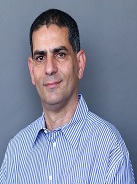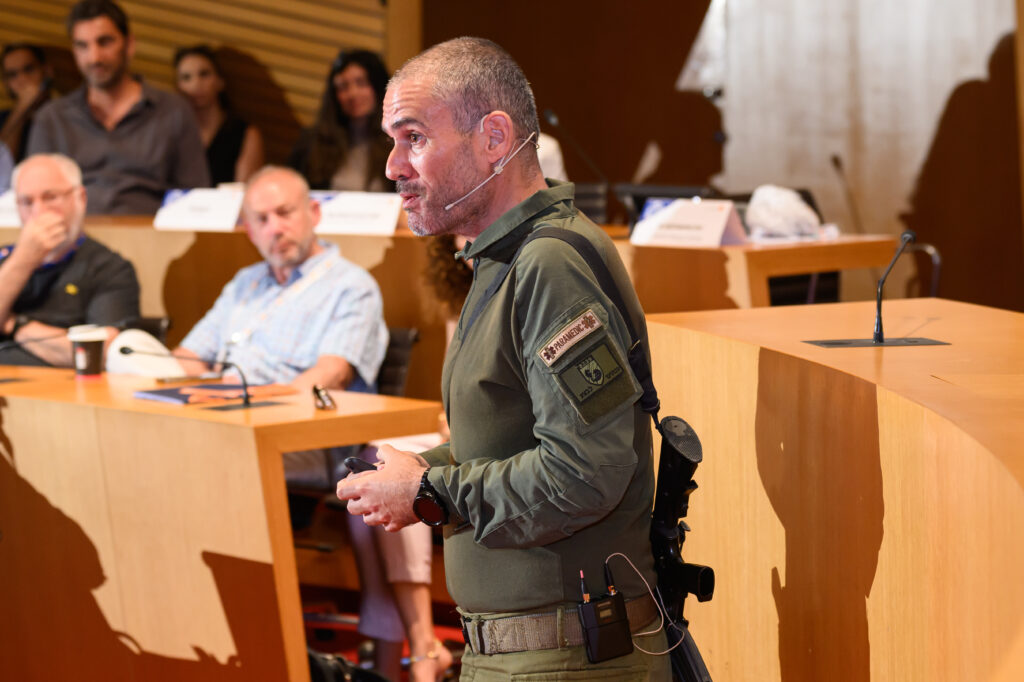
Anti-Cancer Drug Prices Increasing in the U.S.
Anti-Cancer Drug Prices Increasing in the U.S.
October 31, 2017
Medical Research, Press Releases
Anti-cancer drug costs in the United States increase substantially after launch regardless of competition, according to a new study just published in the Journal of Clinical Oncology.
“This is the first study that systematically investigates oncology drug price changes with time and the correlation to the market structure,” according to the researchers from Ben-Gurion University of the Negev (BGU), Rabin Medical Center and Tel Aviv University in Israel, as well as Emory University in Atlanta. “Our objective was to systematically measure the cost trajectories of individual anti-cancer drugs after their U.S. launch and to determine if price increases over time are anecdotal or a broader phenomenon.”
The researchers measured the monthly price trajectories of 24 U.S. Food and Drug Administration-approved (FDA) cancer drugs and assessed the influence of market structure on price changes. To account for discounts and rebates, the research team used the average sales prices published by the Centers for Medicare and Medicaid Services and adjusted to general and health-related inflation rates. For each drug, the researchers calculated the cumulative and annual drug cost changes.
They found that after a follow-up period of 12 years, the mean cumulative cost increase was 37 percent, including all the injectable anti-cancer drugs. Annual changes in pricing did not appear to be affected by new supplemental FDA approvals, new off-label indications or new competition.
Notably, prices for leukemia drugs increased by 95 percent for arsenic trioxide/Trisenox and 85 percent for rituximab/Rituxan. Similar increases were found in trastuzumab/Herceptin for breast cancer, which jumped 78 percent.
“The only drug price that decreased with time was ziv-aflibercept/Zaltrap for metastatic colorectal cancer,” the researchers note. “The drug was approved in 2012 and launched in the U.S. with a high and controversial price tag of more than $110,000 annually. After a public outcry led by Memorial Sloan Kettering Cancer Center in New York, manufacturer Sanofi immediately cut the price in half. By the end of the follow-up period in 2017, costs had decreased 13 percent.
“Regardless of competition or supplemental indications, our study found that there is a steady increase in costs of patented anti-cancer drugs over time,” the researchers say. “We believe that new regulations may be needed to prevent additional increases in drug costs after launch especially since Medicare is legally prohibited from negotiating drug prices.”
The research team included BGU’s Prof. Dan Greenberg and Noa Gordon, a Ph.D. candidate, BGU Department of Health Systems Management; Prof. Salomon Stemmer and Dr. Daniel Goldstein of The Davidoff Cancer Institute in the Rabin Medical Center, Petah-Tikvah; and Daniel A. Goldstein, Winship Cancer Institute, Emory University, Atlanta, Georgia.
ABOUT AMERICANS FOR BEN-GURION UNIVERSITY
By supporting a world-class academic institution that not only nurtures the Negev, but also shares its expertise locally and globally, Americans for Ben-Gurion University engages a community of Americans who are committed to improving the world. David Ben-Gurion envisioned that Israel’s future would be forged in the Negev. The cutting-edge research carried out at Ben-Gurion University drives that vision by sustaining a desert Silicon Valley, with the “Stanford of the Negev” at its center. The Americans for Ben-Gurion University movement supports a 21st century unifying vision for Israel by rallying around BGU’s remarkable work and role as an apolitical beacon of light in the Negev desert.
About Ben-Gurion University of the Negev
Ben-Gurion University of the Negev embraces the endless potential we have as individuals and as a commonality to adapt and to thrive in changing environments. Inspired by our location in the desert, we aim to discover, to create, and to develop solutions to dynamic challenges, to pose questions that have yet to be asked, and to push beyond the boundaries of the commonly accepted and possible.
We are proud to be a central force for inclusion, diversity and innovation in Israel, and we strive to extend the Negev’s potential and our entrepreneurial spirit throughout the world. For example, the multi-disciplinary School for Sustainability and Climate Change at BGU leverages over 50 years of expertise on living and thriving in the desert into scalable solutions for people everywhere.
BGU at a glance:
20,000 students | 800 senior faculty | 3 campuses | 6 faculties: humanities & social sciences, health sciences, engineering sciences, natural sciences, business & management, and desert research.
For all press inquiries, please contact:
James Fattal, J Cubed Communications
516.289.1496




